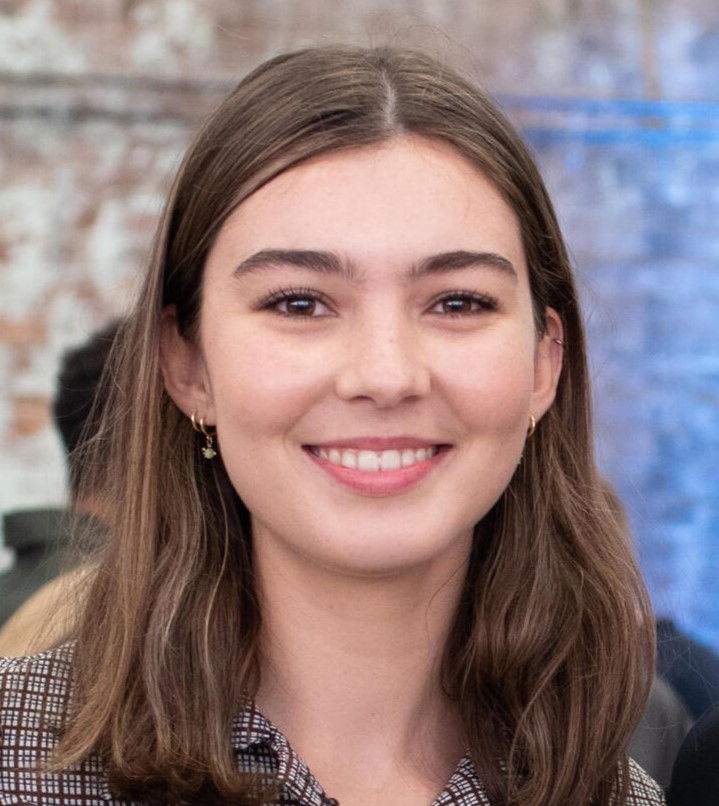Riannah Burns is Social Finance Analyst at White Box Enterprises,
Riannah graduated from university in 2020, and she’s now Senior Analyst. Also, she assists Aunnie Patton Power with research across areas of her work. Aunnie is an ImPact Fellow at The ImPact (a global membership community helping families make more impact investments more effectively), and a university lecturer on innovative finance for impact at the University of Oxford and the University of Cape Town.
She writes a weekly newsletter called Good Young Money.
What was your first job?
My first unofficial job was delivering junk mail to houses in my neighbourhood. I was 8, and it was one of those schemes where you have no agreement and get paid in cash, so it’s not considered child labour. After a year of diligently bundling and delivering junk mail on the weekends I saved $1000, which I put in a Bankwest kid’s savings account earning 10% interest. As soon as I turned 13 and 9 months, I got my first official job at Kmart.
You could say I’m more aware of social impact now.
When did you know you wanted to work in finance/business?
I didn’t so much ‘know’ but made a series of decisions that one day hit me in the face; we can only connect the dots backwards.
When I was 15, I decided to study finance after high school not knowing much about it, except that I was good at managing my own money. My first year of university I got a job managing a financial planning firm, and joined my university’s entrepreneurship programs where I made my closest friends. I received $15,000 in grants to work in venture capital (VC) in China, do a ski season in Japan, explore the London startup scene, and study abroad in europe for 8 months – those experiences lead me here.
When did you first discover the concept of Impact Investing?
While researching for my interview at White Box – I stumbled across Ingrid Burkett and Alex Hannant’s piece ‘the missing middle is still missing.’ I knew about ESG of course, my degree covered it and I had done a summer research project on responsible investing.
What’s one exciting development you and your team have in the pipeline?
The $5m Sustainable Employment Loan Fund (SELF), which we recently announced on OnImpact, plans to provide affordable, tailored finance for jobs-focused social enterprises in Australia through the SELF fund, with $1m in catalytic first loss capital secured from the Westpac Foundation.
What was the most interesting impact deal (from any team across Asia/Pacific) in the past 12 months?
The first ever global guarantor to de-risk climate investing in emerging economies – the Green Guarantee Company – recently secured seed funding from The Green Climate Fund (world’s largest climate fund), the UK Government, Prosper Africa and USAID’s new EDGE fund (as their first investment).
In South East Asia, progress towards SDG 13 (climate action) is worse than that of any other goal. The infrastructure investment needed for climate adaptation and mitigation in emerging economies is estimated at $USD500 billion annually. Yet among South East Asian countries, only India has issued green bonds to date. The Green Guarantee Company is expected to unlock $1.6billion in private investment that would otherwise not be possible, a 20x leverage effect.
Name one high impact company (globally) that investors should keep their eye on?
Dark Matter Labs – they make the just and climate resilient future we’re all striving for a tangible reality.
What’s your vision for impact investing in 5 years time?
Impact investment funds under management recently crossed $1 trillion for the first time after 15 years. I want us to see the second trillion mobilised to funding effective outcomes in the next 5 years, and I believe blended finance is how we get there.

